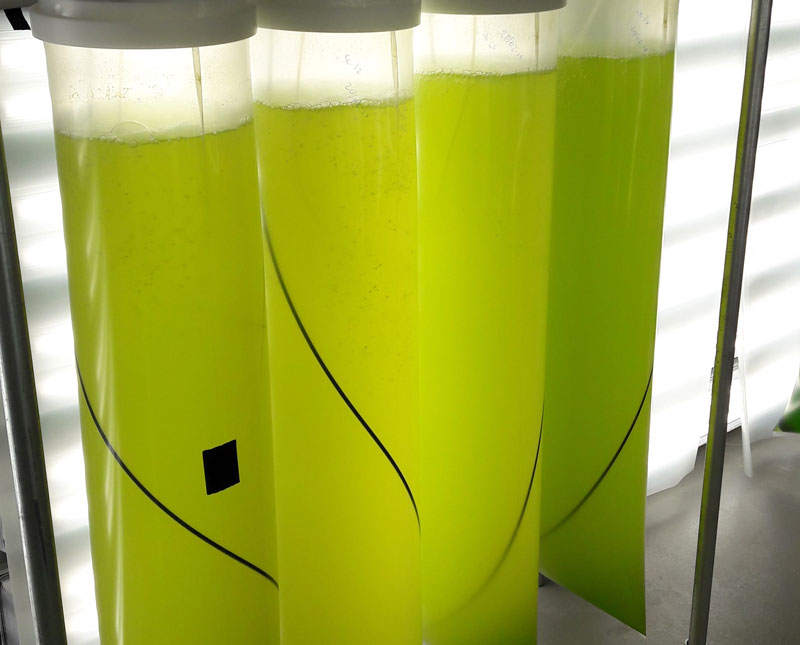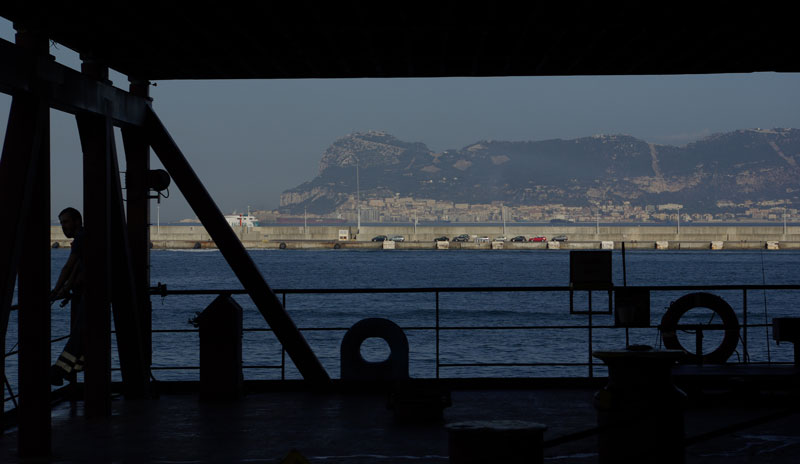Company Insight
DHI Ballast Water Centre – quality and efficient testing of ballast water management systems
Manufacturers of ballast water management systems are eager to complete type approval testing and meet the market demands. DHI provides more type approval tests than any other independent testing organisation. The type approval tests at DHI are conducted with ISO 17025 accreditation.
DHI’s test facility in Hundested, Denmark, is located with easy access to high quality source water for type approval testing and can simultaneously accommodate five ballast water management systems
DHI is an independent, international consulting and research organisation established in Denmark and today represented in all regions of the world. DHI Ballast Water Centre provides biological performance verification of ballast water management systems according to the requirements by the International Maritime Organization (IMO) and the United States Coast Guard. The IMO flag state or the US authorities are represented by classification societies and independent laboratories accepted to perform tests and inspections of specific equipment. DHI performs type approval testing of ballast water management systems in collaboration with three classification societies and independent laboratories, which include DNV GL, Lloyd’s Register and Korean Register.
More than 20 manufacturers have been testing their ballast water treatment technologies at DHI, and several have returned for type approval tests of new generations of the systems. DHI has no other interests in ballast water management systems than that of performance testing. The value of DHI’s uncompromised independency is obvious – the type approval testing is the sole independent verification of the biological treatment efficacy, before the ballast water management system is made available for sale to shipowners and shipping companies. The biological performance test is not only providing the basis for the granting of type approval by the authorities – the results of the test also document the technical properties, the treatment capability and the limitations of system, which are valuable information for the potential buyer.

Cultured algae are sometimes added to the test water to ensure that the densities of live organisms meet the requirements for the land-based test
Type approval tests of ballast water management systems must be conducted in accordance with the standards defined by IMO and US Coast Guard. In addition to these requirements, it is expected that the tests are conducted according to the International Standard ISO 17025. The ISO 17025 is used for accreditation and contains all requirements that testing laboratories have to meet if the wish to demonstrate that they operate a management system, are technically competent, and are able to generate technically valid results. From the start of 2017, DHI decided to perform and report the type approval tests of ballast water management systems as accredited tests with external audit and inspection by the Danish Accreditation Fund (DANAK). “The formal testing under the ISO 17025 standard helps us to improve our quality to the high level we want to deliver, and DANAK and the Independent Laboratory will survey our quality management and technical procedures – to our knowledge, DHI is the sole provider of biological performance tests of ballast water management systems conducted with ISO 17025 accreditation”, says Torben Madsen, Vice President at DHI. “Furthermore, the Independent Laboratory and the manufacturer do not have to verify DHI’s compliance with ISO 17025 by inspection of procedures, test protocols and reports, as this will be facilitated by DANAK.”

Shipboard testing in the Port of Algeciras, Spain, with a view to Gibraltar
The IMO G8 guidelines adopted in October 2016 contain several new requirements to the land-based test of ballast water management systems. The IMO G8 guidelines incorporate the experience gained during the last decade and provide guidance on the relevant challenge conditions for the testing of specific ballast water treatment technologies. DHI normally combines the type approval requirements in the IMO G8 guidelines and the US Coast Guard standards in the same test. This means that the test report can serve the dual purpose of IMO and US type approval, whereby the manufacturer saves time and money. Meeting all requirements is a lot of work, and in addition the independent laboratories seek to identify the treatment capacity and limitations of the specific technology. “We receive requests to prepare test waters that contain different mixtures of complex and simple organic compounds together with the organic carbon in the natural water - the purpose is to modify the properties of the test water and challenge the systems in different ways”, says Gitte Ingelise Petersen, Head of Department at DHI. “The IMO G8 guidelines and the US Coast Guard standards require the testing organisation to document that the challenge conditions are representative for the natural environment, and this includes the abiotic properties and the diversity of living aquatic organisms in the test water.” DHI’s procedures have been thoroughly validated, and the results of the validation studies are documented in reports that are made available to the Independent Laboratory. High quality standards and efficient work processes are the main reasons why many manufacturers select DHI for the type approval testing of their equipment. As an example, the performance testing after installation of the ballast water management system on board a ship is time consuming and frequently delays the type approval test. DHI completed 67 shipboard test cycles during 37 voyages in 2017 – we believe that this is a world record.